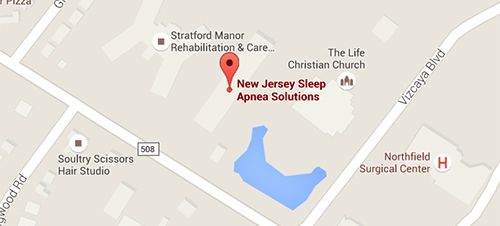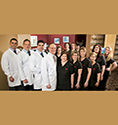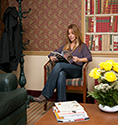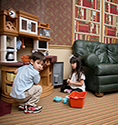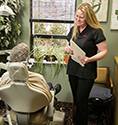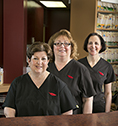Sleep Apnea Myths and Misconceptions
Submitted by New Jersey Snoring Solutions on Wed 02/24/2016 - 09:00

Dr. Ivan Stein of New Jersey Sleep Apnea Solutions understands why a person with sleep apnea questions would go to the Internet seeking answers. Unfortunately, he has noticed that many online sources claim to be experts but are actually perpetuating harmful misinformation. Here, Dr. Stein dispels the most common myths and misconceptions about sleep apnea.
Snoring always indicates sleep apnea.
Snoring can be a sign of sleep apnea, but it is not a guaranteed sign. And, believe it or not, people that have sleep apnea may not snore at all and instead show other symptoms. If you or a loved one snores constantly and loudly and experiences other symptoms (e.g., excessive daytime drowsiness), it is wise to get checked out by a sleep professional.
Sleep apnea only affects the elderly.
People of any age can be affected by sleep apnea, although the condition is most common in adults over 40. Children may show signs of not getting enough sleep (e.g., behavior problems or poor academic performance) but go undiagnosed because their parents don’t believe they could have a sleep disorder. Approximately one in 10 children has sleep apnea.
Sleep apnea only affects people that sleep on their back.
While it is more likely that the airway will become blocked while sleeping face-up, sleep apnea can develop in any sleeping position, including sleeping on the stomach or side.
If I have sleep apnea, I must be hooked up to a CPAP machine.
Thanks to modern medicine, sleep doctors and dentists have developed several attractive alternatives to a CPAP (continuous positive airway pressure) machine. There are more than 80 types of oral appliances on the market today, all designed to keep the airway clear and allow for unobstructed breathing. Oral appliances are custom-made, portable and much more comfortable than a CPAP machine.
The only way to get diagnosed is to go to a sleep lab.
This is not necessarily always true. Some sleep doctors offer special technology that allows for in-home testing and a more comfortable experience. This depends on a person’s specific health conditions and insurance coverage.
Sleep apnea is not serious.
Unfortunately, sleep apnea can have extremely serious consequences. People that don’t get adequate sleep are at a higher risk of motor vehicle and workplace accidents. They are also more likely to suffer heart attacks, stroke, diabetes and other life-threatening illnesses.
If you have questions about the symptoms, diagnosis or treatment of sleep apnea, talk to the trusted team at New Jersey Sleep Apnea Solutions. Contact us for a consultation by calling (855) WHY-SNORE or (855) 949-7667 today.

